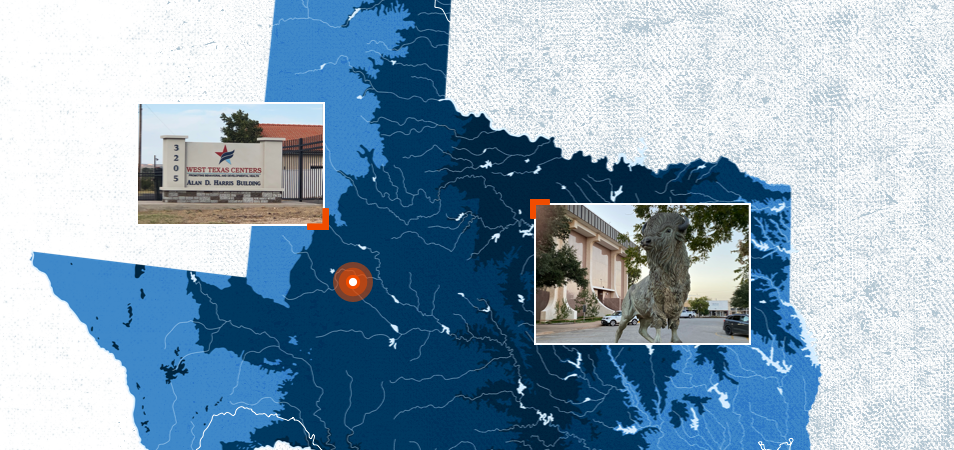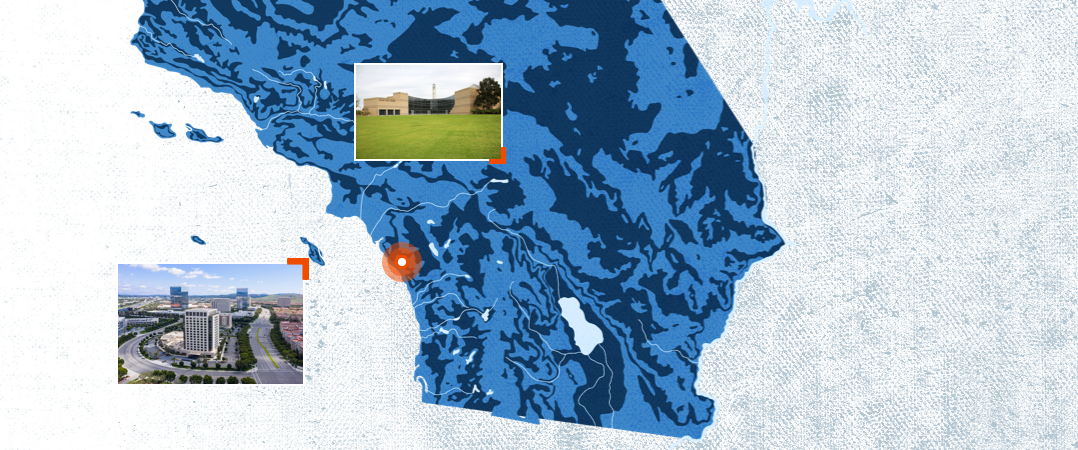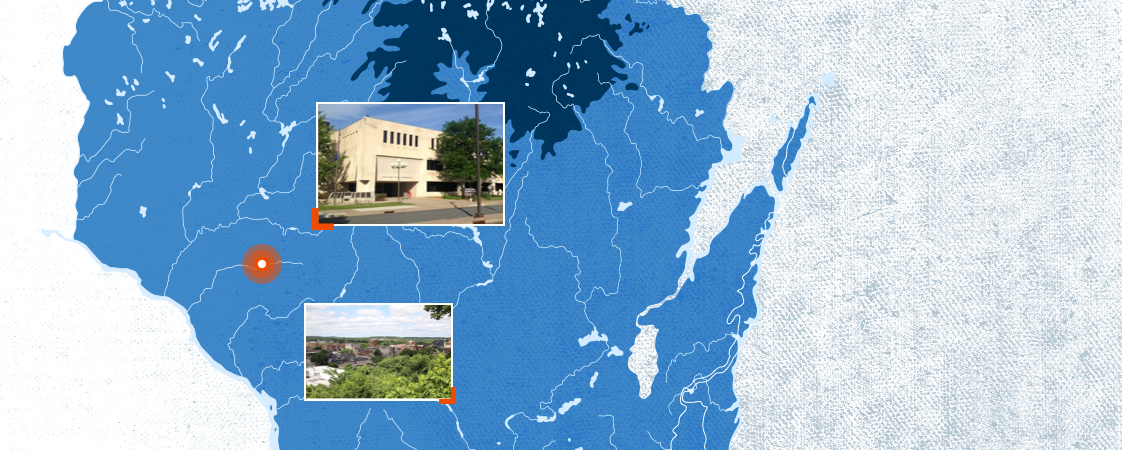Background & Approach
West Texas Centers (WTC) is a community mental health center located in Big Spring, Texas. Since its inception in 1997, WTC has provided mental health services for individuals in 23 counties covering an area of 25,000 square miles.
West Texas Centers is committed to working with local governments to decrease the population of people with mental illness in our jails.
There has been much progress so far in this effort by the implementation of our Mental Health Deputy program and our Community Mental Health Grant: Jail Caseworker program. These two programs are unique in that our mental health staff have partnered up with local Sheriff’s departments and are integrated into each other’s systems. The staff in these programs are able to be the intercepts between Mental Health and Criminal Justice.
However there are still many challenges with not having a place to divert people with mental illness away from the jails.
West Texas Centers recognizes the lack of resources in our rural communities. This challenge has created our drive to work harder with local partners and continue our quarterly Jail Diversion Committees. Our Jail Diversion Committee includes; local Sheriff’s, Jail leadership, Parole/Probation, West Texas Centers mental health and IDD key staff, Hospital representatives, local County Judges, people with lived experience (Peers), State hospital representative and VA representative. Our strategies while working with the IMPACT Network sites are to implement new programs within the intercept model to divert people with mental illness from the jails. By learning from others in the network, we can create something that fits our smaller communities.
Specifically having more specialized court dockets with training for the judges on mental health and SUD issues. West Texas Centers also would like to work with local partners to design and implement a diversion center for law enforcement to utilize when they only have one choice; the jails.




